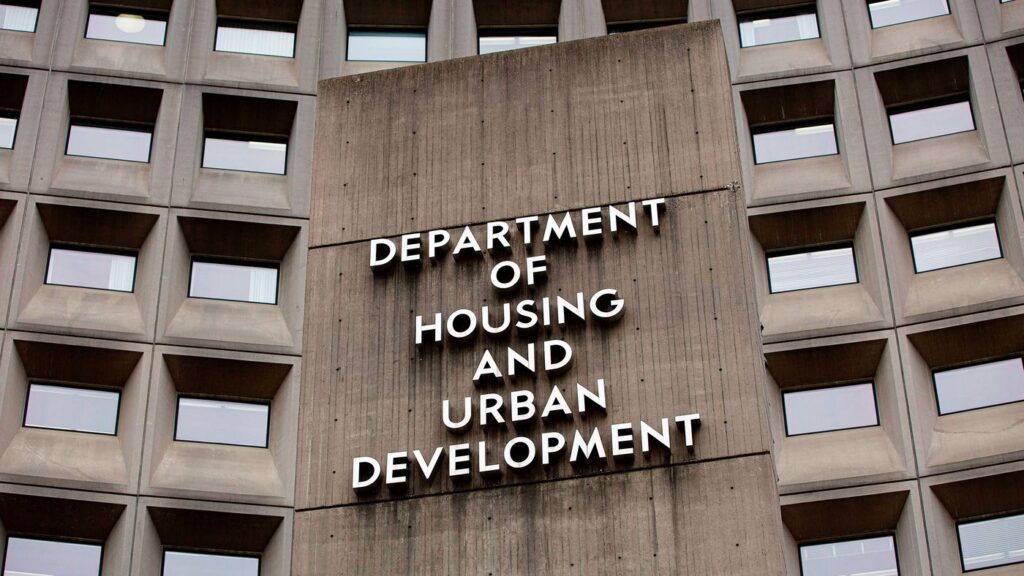The U.S. Department of Housing and Urban Development (HUD) has published a preview of a Notice of Proposed Rulemaking to modernize regulations for the HOME Investment Partnership Program (HOME), with publication in the Federal Register to follow.
The HOME program is a tool designed to bolster housing supply and preserve existing affordable housing. Through HOME funding, HUD advances the Biden Administration’s goal of building two million units of housing. HOME is a formula grant program which provides funding to all 50 states and 650-plus localities–exclusively benefiting low-income households.
HUD’s notice of proposed rulemaking is the first significant update to the regulations governing the HOME program in over a decade.
The proposed rule would:
- Expand access to community housing development organization (CHDO) set-aside funds by neighborhood-based nonprofit organizations.
- Clarify homeownership requirements to improve compliance and improve program outcomes for homebuyers and implement new provisions for community land trusts to exercise preemptive purchase rights.
- Better align HOME rental housing with other federal rental assistance programs.
- Simplify requirements applicable to small rental housing projects.
- Make HOME tenant-based rental assistance work better for vulnerable populations.
- Strengthen tenant rights and protections for occupants of HOME-assisted rental units and recipients of HOME tenant-based rental assistance.
- Establish new method for determining maximum per-unit subsidy limits.
- Provide incentives to incorporate green building technologies.
The origins of the Housing Supply Action Plan
The Biden Administration’s Housing Supply Action Plan was drafted to modernize and streamline the HOME program. HOME is the largest federal block grant to state and local governments for the creation of affordable housing for low-income households.
“For more than 30 years, the HOME program has been used to build affordable housing for homeowners and renters and to provide rental assistance that has played a critical role in advancing housing opportunities for low-income families across the country,” said Acting HUD Secretary Adrianne Todman. “The proposed rule is a significant step in improving the HOME program, reducing redundant administrative requirements, and expanding access to affordable housing nationwide.”
Improvements via proposals
HUD’s updates would improve the ability of participating jurisdictions who receive HOME to implement funding more effectively and efficiently–making it easier for states and localities to use HOME to support low-income renters, homeowners, and homebuyers.
Additionally, if finalized , the proposed rule would simplify requirements for homeownership activities. The update addresses common challenges in homebuyer activities by extending sales deadlines for HOME-assisted units, adding flexibility for resale provisions, and allowing for rehabilitation of HOME-assisted properties after acquisition.
Increased renter protections
The proposed rule also advances the Biden Administration’s efforts to strengthen renter protections, including through its Blueprint for a Renters Bill of Rights and acceptable industry standards. The proposed changes to HOME tenant-based rental assistance would support low-income renters by creating a mandatory lease addendum with enhanced tenant protections, better define ‘good cause’ in the HOME program and reduce burdensome paperwork for tenants.
“For years, stakeholders, elected officials, and grantees have asked ‘How can we make HOME funding easier to use?,’” said HUD Principal Deputy Assistant Secretary for Community Planning and Development Marion McFadden. “We meticulously evaluated how we could modernize and improve the program. This proposed rule would strengthen the program–benefiting families of modest means, small property owners, nonprofit organizations, and communities for years to come.”
The update would also expand opportunities for nonprofit organizations and developers who use HOME funding to create and retain renter or homeowner activities in their neighborhoods, such as revised requirements for community housing development organizations and community land trusts. Further supporting housing investments, the proposed rule also simplifies requirements for small-scale rental housing projects and better aligns HOME with Low Income Housing Tax Credits. It would also provide incentives for green building and energy efficiency standards, which could result in lower utility and insurance costs for homeowners.
Pooling HUD resources
If finalized, HUD’s proposed rule would reduce administrative burden by aligning utility allowances with other HUD programs, aligning inspection requirements with NSPIRE, reducing the frequency of income determination certification, and eliminating arduous waiting list requirements for small properties.
Click here to read HUD’s proposed rule.





